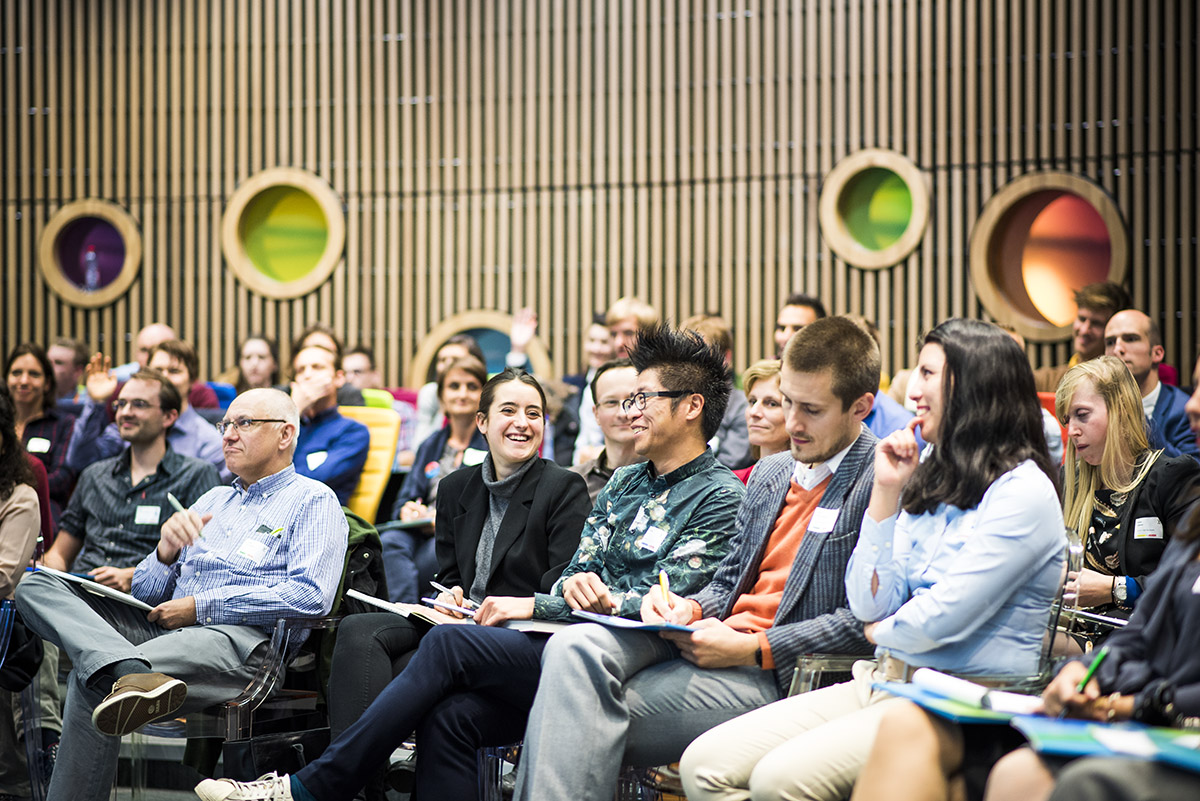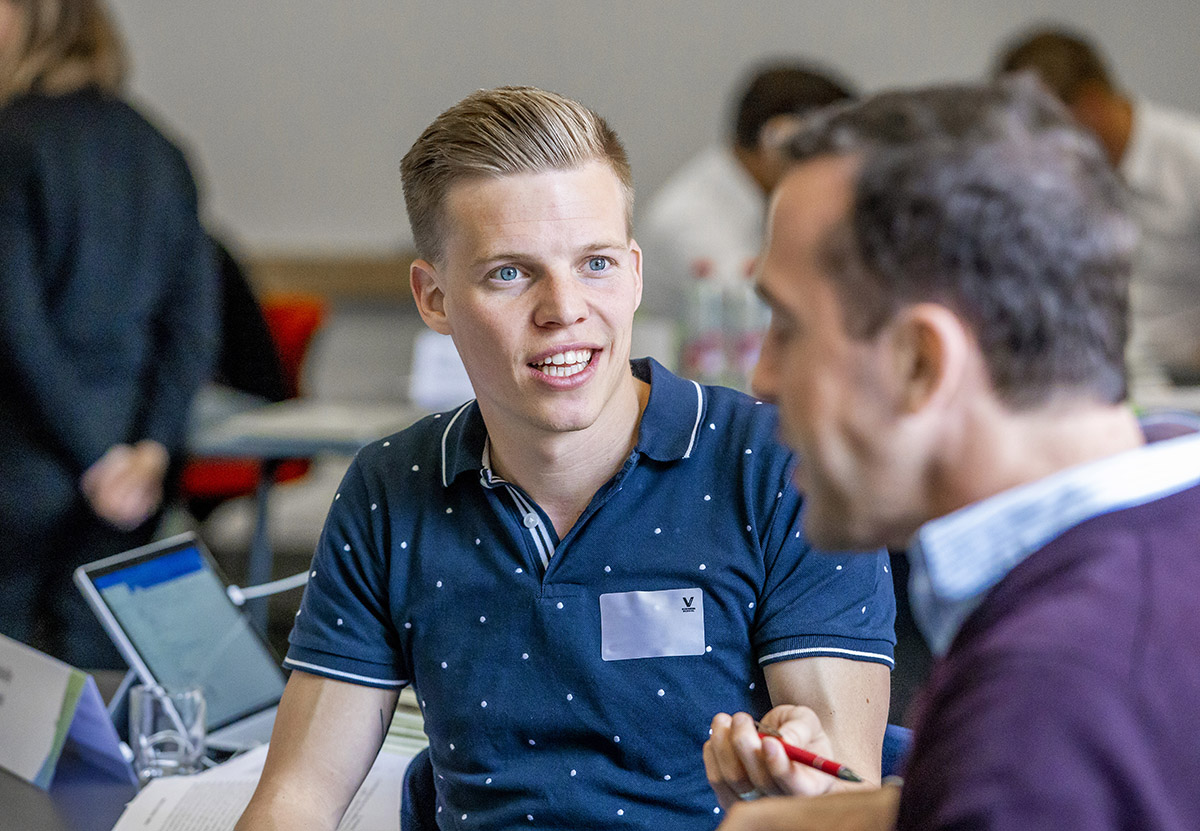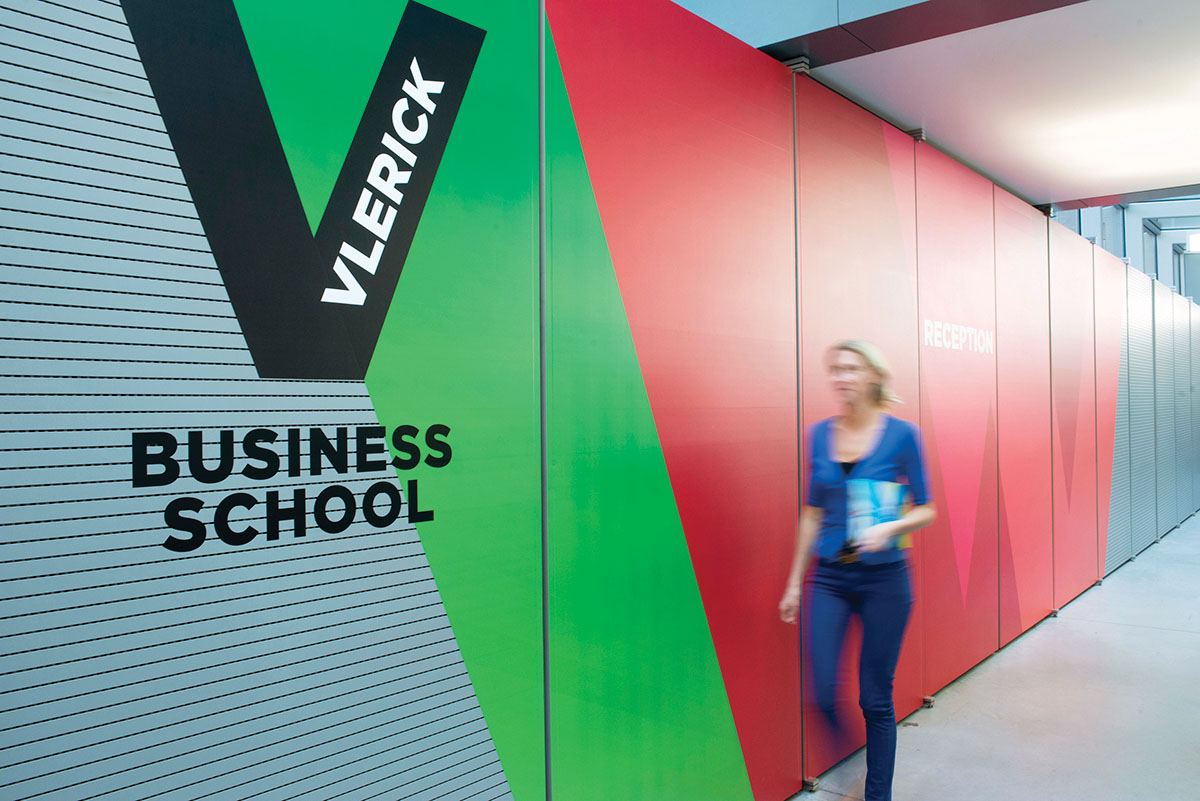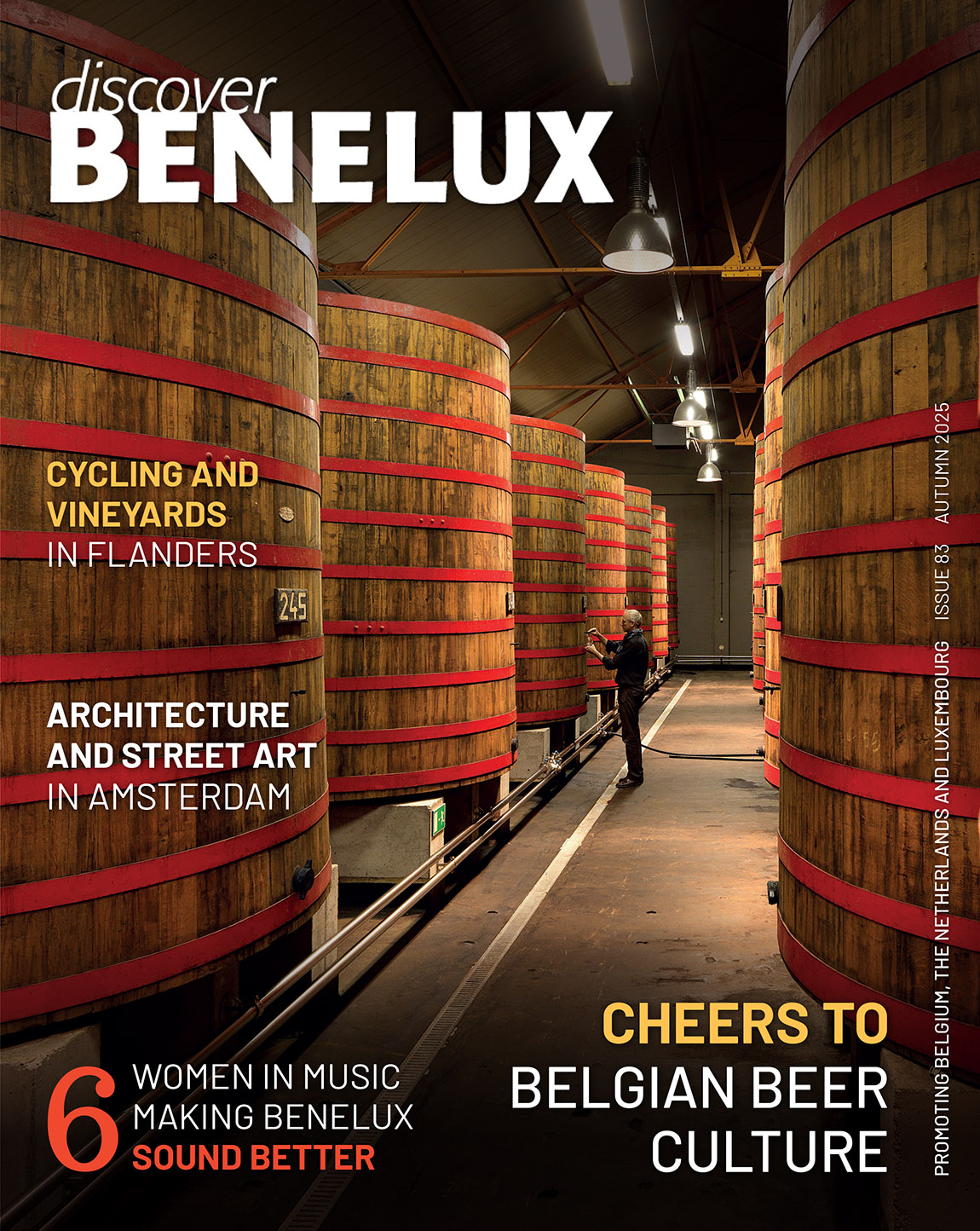College of Europe
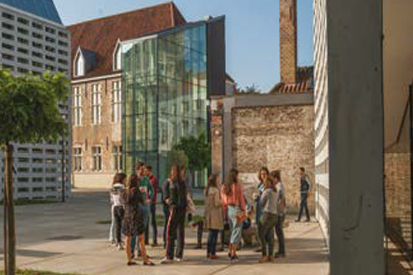
The College of Europe: training future leaders
TEXT: STUART FORSTER | PHOTOS © COLLEGE OF EUROPE
The College of Europe is a post-graduate institute of European Studies with campuses in central Bruges and, since 1992, Natolin, near Warsaw.
“We specialise in training the future leaders of Europe,” says Angela O’Neill, the College of Europe’s director of communications and languages. “The diploma opens up careers both in the public and private sector,” she explains, about the institution’s intense, ten-month course.
The focus of the Bruges campus is European Union studies and offers Master’s degrees in EU law, politics and governance, international relations and diplomacy or economic studies. “We’ve just launched an exciting new two-year Master of Arts in Transatlantic Affairs,” adds Ms O’Neill.
The College was created in the aftermath of World War II. The idea was to encourage cooperation rather than conflict. Each year, the rector takes students to Flanders Fields and talks about the First World War and the importance of cooperation in promoting peace.
“What makes us different from anywhere else is that we are highly specialised. Some people come to us having already studied European Affairs, including with PhDs. Students live in residences spread over the beautiful city of Bruges. We’re called the College of Europe because we’re based on the Oxbridge college principle. Students live, work and study together and debate European and international affairs at a high level,” explains Ms O’Neill.
The alumni from the early days — including Manuel Marín, known as the father of the Erasmus programme — went on to work in and influence the development of institutions such as the European Commission.
“Students come together with brilliant ideas and make things happen. They travel together on study trips and contact organisations they want to work for,” says Olivia Taveirne, the head of student affairs and communications manager. Students of 55 global nationalities study at the College. That diversity is celebrated during national weeks encompassing traditional cuisine, cultural activities and discussions from a country’s or group of countries’ perspective.
Students receive intensive training in professional skills, such as negotiating and public speaking, and are provided with access to language courses and career support.
Visiting professors, selected for their expertise, teach at the College of Europe. “The programme is renewed each year to cover themes and issues students need to know about,” explains Ms O’Neill.
Scholarships are available, providing students from all backgrounds an opportunity to join the College of Europe’s influential international network of alumni.
Subscribe to Our Newsletter
Receive our monthly newsletter by email

